#robben island
Explore tagged Tumblr posts
Text

#no man is an island#freedom#Robben island#ocean#blue#sea and sky#captivity#symbols#photographers on tumblr#photographers of colour#original photographers
5 notes
·
View notes
Text
"At the end of 1809, a group of prisoners escaped from Robben Island probably using a whale boat to reach the mainland. The escapees included both Stuurman brothers and their two companions. After splitting up to help avoid detection, Bootsman Stuurman was recaptured. However, David Stuurman, Michiel and Wildschut, managed to rejoin the Xhosa. A long stand-off ensued, during which time Governor Cuyler tried to entice Stuurman to surrender but to no avail. Stuurman lived among the Xhosa throughout the fourth and fifth frontier wars and was not recaptured until near the end of 1819 after being at large for a decade.
Stuurman was returned to Robben Island at the end of December 1819. Following another escape in August 1820, Stuurman was recaptured and sentenced to be transported for life to New South Wales. After being forced to watch as some of his surviving fellow escapees (some died during the attempt) were flogged, branded or hanged, Stuurman was returned temporarily to Robben Island until room could be found on a convict transport to convey him to the Australian penal colonies. Under the Dutch, it had been possible for Cape Colony officials to banish miscreants. But under the English, the option of transporting convicts to the Australian penal colonies became a possibility. As early as 1815, Governor Somerset at the Cape requested permission from London to have people transported from the Colony to New South Wales. In response, the Admiralty instructed convict transports to stop at the Cape.7Cape Colony courts found transportation a particularly attractive option in dealing with its various non-European populations. Sending Khoisan, slaves and others across the ocean with little hope of ever returning home provided a much more exemplary punishment than simply shipping them to Robben Island, in sight of Table Bay. Even a sentence to seven years’ transportation to the Australian penal colonies effectively became a life sentence. The few Australian Aboriginal convicts who survived incarceration were repatriated when their sentence expired, but Khoisan were simply left to their own devices.
Overcrowding and illness on convict transports meant that it could be a long wait between sentencing and the sentence of transportation actually being carried into effect. Stuurman remained at the Cape following his 2 September 1820 trial through to February 1823 when the Brampton arrived at Table Bay. The transport had sufficient room to take on board convicts from the Cape.
Another of the fourteen convicts loaded onto the Brampton with Stuurman was also described as a ‘Hottentot’, Jantje Piet, convicted for murder. Piet was to have been executed on 29 April 1820, but the Governor of Port Elizabeth, Sir Rufane Donkin, ‘did not think it decorous’ to carry the sentence into effect because this was the day on which the accession to the throne of King George IV was proclaimed at the Cape of Good Hope. Instead, Donkin granted the man a respite and wrote to Earl Bathurst, Secretary for War and the Colonies, for consent to have Piet’s sentence commuted to transportation to New South Wales.
On 28 July 1822, the Brampton sailed from London under the command of Master Sam Moore, a violent and abusive man, and with Surgeon Superintendent Morgan Price on board. Its cargo was to comprise Irish men under sentences ranging from seven years to life, as well as several free settlers. Most were from the labouring classes, with occupations ranging from errand boy, shearer and ploughman to brogue maker, music dancing master and linen weaver. Some were known to be rebels. Many had already spent a considerable time in gaol prior to departing from the Cove of Cork on 8 November 1822. The convicts were guarded by a detachment of the Third Regiment (Buffs) during the voyage."
- Kristyn Harman, Aboriginal Convicts: Australian, Khoisan and Māori Exiles. Sydney: University of New South Wales Press, 2012. p. 156-157.
#robben island#cape colony#khoisan#new south wales#penal colony#convict transportation#carceral islands#settler colonialism#settler colonialism in australia#british empire#academic quote#australian history#south african history#indigenous people#aboriginal australian#aboriginal convicts#history of crime and punishment#reading 2024
2 notes
·
View notes
Text
Tuesday 9th April 2024
The plan today was to take a trip up Table Mountain. However, best made plans and all that, didn't quite work out. The main reason for this, and quite a good one as reasons go, was that as far as we could tell, there was no Table Mountain. Where it was supposed to be was the biggest cloud ever. The Tourist Information lady was insistent it was not worth going; maybe tomorrow she said. Well, how about going to the wine fields instead. The bus went at 8.30 she said, it's not possible today.
So with the aid of a flip chart and slide rule we rescheduled and bought a ticket for the around town HoHo. In time this took us to the cable car for Table Mountain. Eerily, cables emerging from the terminus at a 45° angle were quickly immersed in cloud. That's official then, it's off for the day. Our hop-on completed its loop and we were back at the Waterfront enjoying a flat white. Tomorrow we are booked on the tour to Robben Island so we thought we'd pop into the Robben Island museum to do a bit of swotting up before the trip. Now I really don't know why we do this to ourselves, but we utterly depressed ourselves regarding the life of one famous inmate, Robert Sobukwe who happened to be a member of the PAC (Pan African Congress). Wherever we go we seem to come across desperate stories of heroes in our lifetime whose bravery we have either had no idea of, or we have entirely overlooked. This man was jailed for 3 years in 1960 for standing up for the rights of his people, not released at the end of his term; instead sent to Robben Island where he remained until 1969. He was then sent on to Kimberley spending the rest of his life under 12 hours a day house arrest, dying in 1978 from lung cancer. It would seem that Robben Island has been used in many ways since 1658 when the Dutch installed its first political prisoner. Since then it's been used by both the Dutch and British for all sorts of groups; lepers, prisoners, lunatics, you name it. The island's best attribute is that it's almost impossible to escape from. Let's hope we catch the return boat tomorrow. I'm sure by then we'll be completely suicidal and we haven't even touched on apartheid yet!
South Africa has indeed had a chequered history. Discovered by the Portuguese, then owned from 1652 courtesy of the Dutch East Indian Company until 1795 when the British took it because they were worried the French might take it. In 1802 the British handed it back to the Dutch, only to take it back again in 1806 because this time we were having Napoleonic war problems. Confused? I'll say but it must have been far worse for the South Africans. From one day to the next they wouldn't know if they were Dutch or British. Then in May 1961 they declared themselves a Republic and they became South Africans so that sorted it. Let's hope we shall be better informed tomorrow after the visit to Robben Island.
Back to the Waterfront for a rubbery chicken, roast potatoes, salad and of course a bottle of very reasonable SB and watching Mission Impossible.
Busy day tomorrow hoping the drizzle might have stopped.

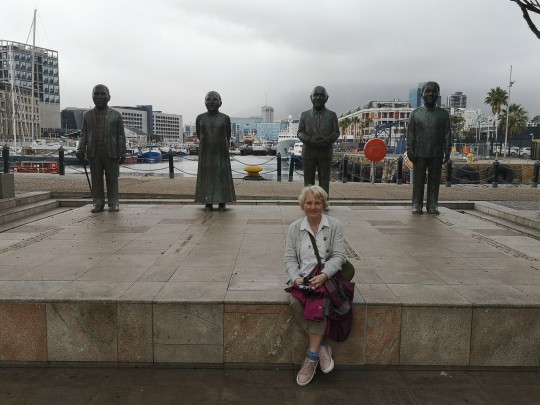

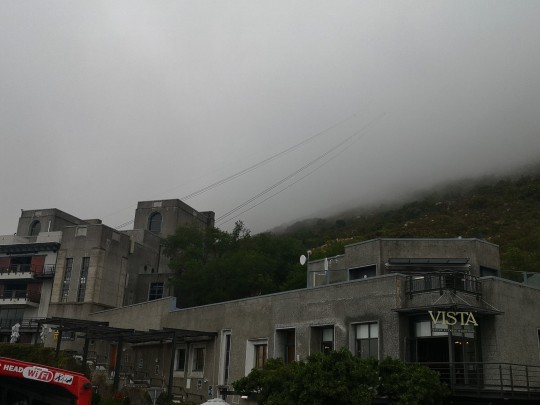
4 notes
·
View notes
Text
Remembering Mandela: epitome of Forgiveness
Nelson Mandela was Positivity & Forgiveness personified. Mandela trained as a lawyer & while working in Johannesburg after qualifying, he became involved in African nationalist politics, joining the ANC in 1943 and co-founding its Youth League in 1944. When apartheid was established in 1948 by the white-only government, the ANC committed themselves to overthrowing it. Mandela’s course was…
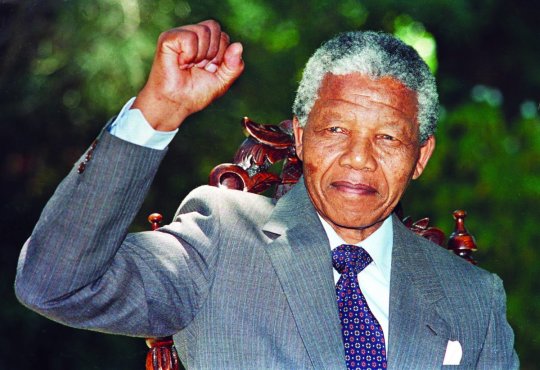
View On WordPress
2 notes
·
View notes
Text
Discover Cape Town: A Local’s Guide to the Mother City
Image by Martina from Pixabay Let me take you on a little journey through Cape Town, my home and, in my (completely unbiased!) opinion, one of the most breathtaking cities in the world. Whether you’re planning a trip or just curious, this guide will give you an insider’s look at what makes the Mother City so magical. A Walk Up Table Mountain You’ve seen it in postcards, but trust me, standing…
#Camps Bay#Cape Malay curry#cape town#Clifton#Hout Bay#Mother City#Robben Island#Stellenbosch#Table Mountain#V&A Waterfront
0 notes
Text

Robben Island
Table Bay, South Africa
1 note
·
View note
Text


From Table Mountain, Cape Town is below the trees. Robben Island where Nelson Mandela was imprisoned is offshore. With Cape Town at my back, I think I'm looking at Lion's Head. It was autumn on Table Mtn so not many flowers, but the fynbos covers the top. I also enjoyed the fynbos as flavorings for local gins.
1 note
·
View note
Text
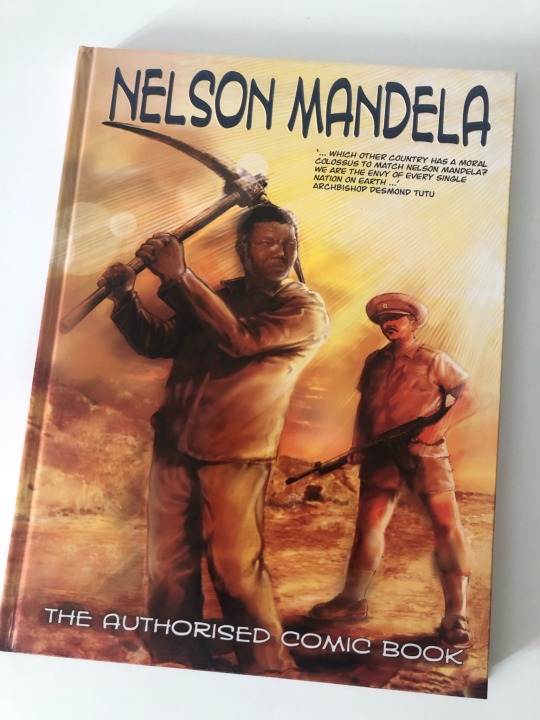

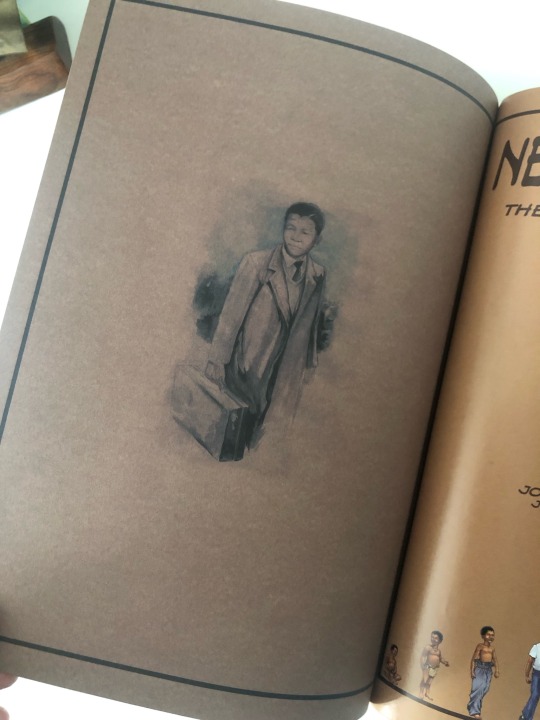
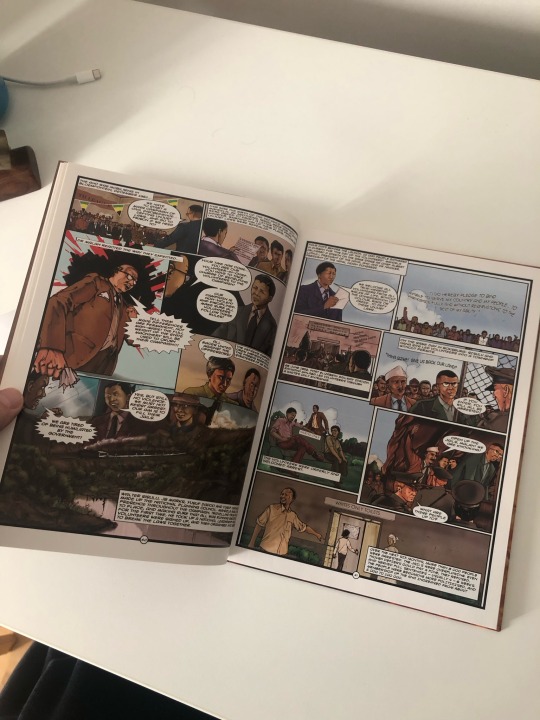
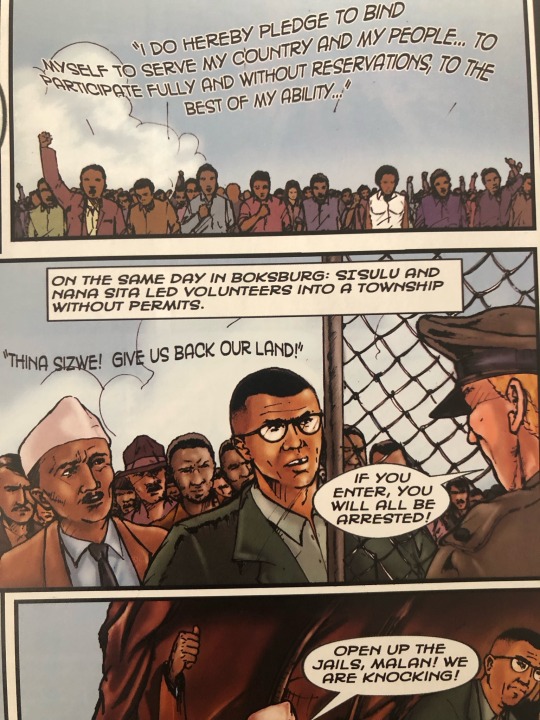
#nelsonmandela#Mandela#Nelson Mandela#South Africa#trolleng#speaking#trolledu#reading#comic books#comics#underground comix#Madiba#Mzanzi#Suid Afrika#Robben Island
0 notes
Text
Diary Entry for 2005:01:11 22:57:23
Date: 2005:01:11 I find myself standing alone in a vast desert landscape, the horizon stretching out before me under an overcast sky. The sparse vegetation and dry earth around me speak of a harsh environment, yet there is a sense of peacefulness in this isolation. As I gaze into the distance, my thoughts wander to the building with the sign that reads “NELSON MANDELA GATEWAY TO ROBBEN ISLAND”.…
0 notes
Text
robben island tour cape town | Ingwe Africa Safaris
Immerse yourself in history with a Robben Island tour in Cape Town. Explore the iconic prison, witness resilience, and embrace the spirit of freedom. Book your journey today!
robben island tour cape town
0 notes
Video
youtube
The Journey to Robben Island 2006
#youtube#My family and I are in South Africa. We decide to take a trip to Robben Island. It is only accessible aboard a ferry from the Nelson Mande
0 notes
Text
South Africa’s Winelands: Experiencing the Best Vines and Views
#adventure travel South Africa#best safari in South Africa#best time to visit South Africa#budget travel in South Africa#Cape Town#Cape Town attractions#cultural trips in Durban#Drakensberg hiking#Durban beaches#Durban's Sunny Shores and Cultural Mix#eco-tourism in South Africa#Garden Route itinerary#Kruger National Park#Kruger National Park safari#luxury travel South Africa#Robben Island history#South Africa#South Africa family vacation#South Africa historical sites#South Africa road trips#South Africa travel guide#South Africa wildlife tours#South African Winelands#Table Mountain tours#The Drakensberg Mountains#The Garden Route#The Winelands
0 notes
Text
Wednesday 10th April 2024
Wednesday dawned with strong sunshine in the east and blue skies pushing across the vista from our apartment windows.
We had pre-booked a tour to Robben Island; a boat trip of some 11km taking 30 minutes. The girl at the ferry terminal yesterday wagged her finger at us and told us to be there by 10.30 for the 11am ferry or else. So it all relied upon Ivan the taxi turning up at our apartment at 10am as promised. Fat chance of that happening. Well he romped in at 10.15; very pleasant, but announced that we had to make a small detour to pick up some Americans somewhere downtown. We crossed the finish line at 10.45, so not too late I suppose. Ivan was unrepentant and accepted his tip with grace.
The actual trip was conducted at a pace completely outside of Ivan's understanding. The ferry docked on the Robben Island quayside and we were instructed to board buses in order to fulfil phase 1 of the prison tour. A small black child in the row in front of us on the crowded single deck bus wept, I don't want to go to prison! The old rickety bus clattered around the site and our cheery guide pointed out the little house where Robert Sobukwe lived for 6 years in silent solitary confinement with 4 guards outside and 2 inside with him. The bus slowed but did not stop; we were on a schedule. Next to Sobukwe's house were high risk political prisoner cells. We did not dwell. The bus carried on and pulled into a parking area with toilets and souvenirs. Despite the 13 minute queue for the toilets we were allowed 10 minutes before instructed to reboard for phase 2 of the tour; the main prison block. Once more the small child pleaded that he didn't want to go to prison.
Phase 2 was the thing. This time we were out and about, loose but with our guide, an ex political prisoner. We were lead through the virtual system that was in place from 1962 including being admitted, stripped, assessed, categorised, uniformed and assigned a cell; single, isolation or communal. The whole process designed to dehumanise and humiliate. The regime did all it could to make life hard or nigh on impossible for the prisoners; severe punishment, hard toil, restrictive communication and family visits and no parole. The prison complex is now a UNESCO world heritage site and the intention is to maintain its integrity and authenticity. Curiously although Nelson Mandela is mentioned a lot, the whole museum does not revolve around his story. Moreover, his cell was not even labelled; just the one with the red bucket. The reason given was that all prisoners were there because of political persecution and he would not be singled out as being more important than anyone else. We came away subdued but very much in awe of what these people were prepared to suffer for their cause. He might have had a long walk to freedom, but we had an exceedingly choppy sea to contend with on our return to Cape Town. Sick bags were provided!
We had hoped we could catch a cable car up Table Mountain after this adventure. The weather had improved enormously during the day, and there was only one cloud in the sky. Sadly this was over Table Mountain! It's closed the lady said. Come back tomorrow she said.
Instead we repaired to a nice bar on the waterfront where we could sup local beer in the sunshine whilst watching various street entertainers. Our closest artiste appeared to have been given a gold lame Darth Vader outfit for Christmas from his mum and the success of his act relied entirely upon twirling battons majorette style. It might have worked if he could stop dropping them. Still, it was entertaining.
Home after all that excitement to chicken and SB.
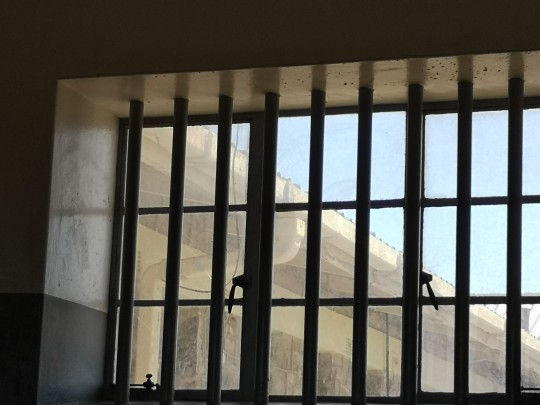
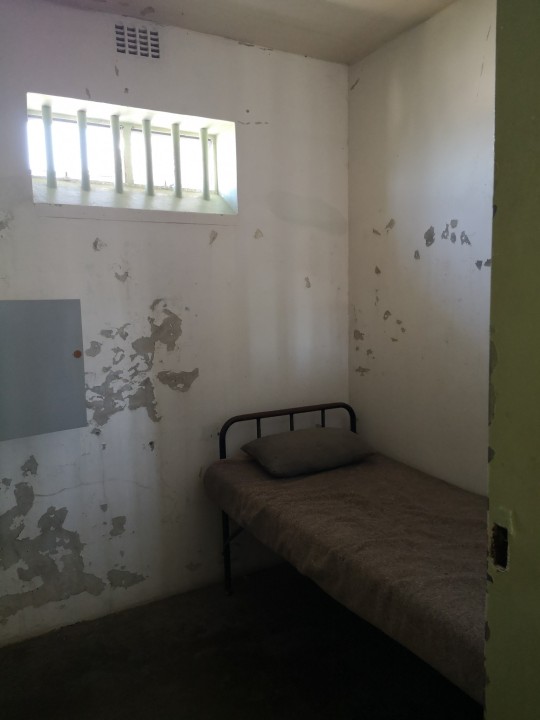
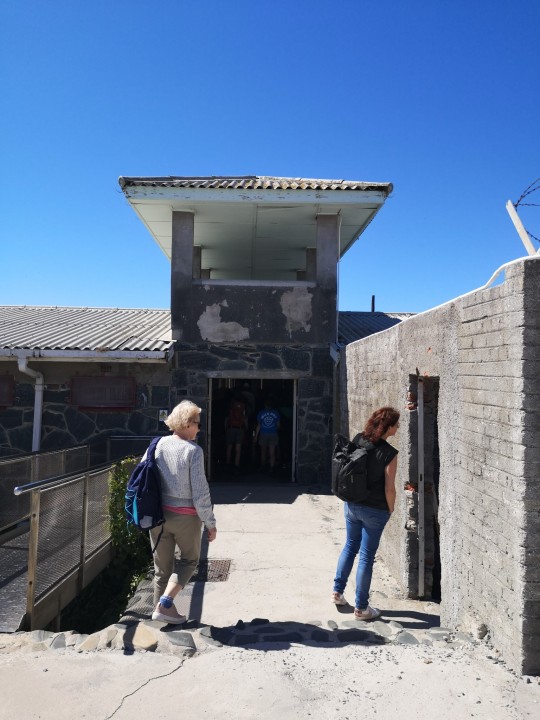
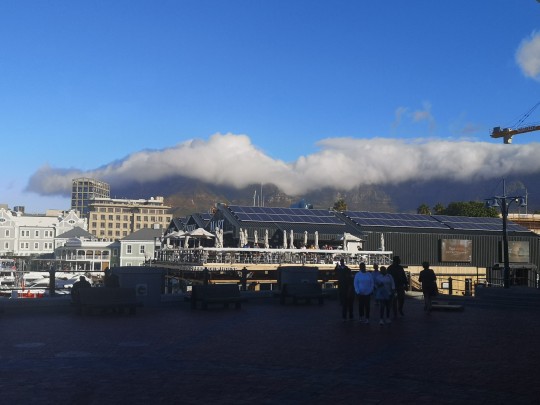
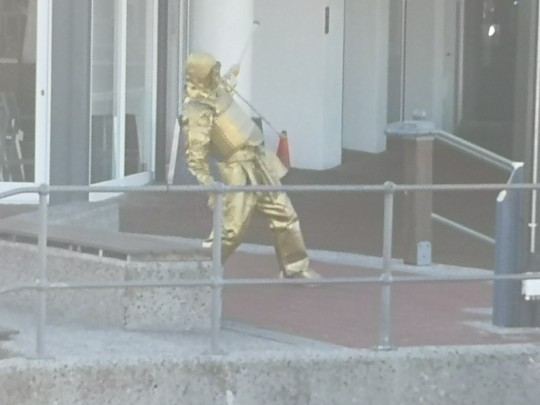
4 notes
·
View notes
Text
Robben island tour
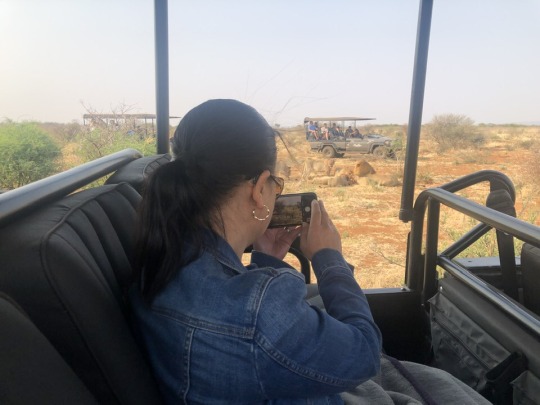
Robben Island Visits: Typically Robben Island has visit packages and outings that depart at 09:00, 11:00,13:00, and 15:00, and getting a ticket for a half or entire day visit can be interesting a result of the popularity of Robben Island jail journeys. Secure your Robben Island tickets here with a scope of day visits from Cape Town, South Africa.
Robben island tour
0 notes
Text
🌍 Cape Town: The City That Steals Hearts!
Photo by Tembela Bohle: https://www.pexels.com/photo/woman-in-black-top-and-blue-shorts-on-stone-under-blue-sky-920038/ Have you ever been to a place so beautiful it feels like it belongs in a movie? That’s Cape Town, a city in South Africa that’s packed with charm, adventure, and jaw-dropping views. Let me tell you about some of the amazing facts about Cape Town that’ll make you want to pack…
#African penguins#amazing facts about Cape Town#Cape Point#cape town#Cape Town beaches#Cape Town history#Cape Town weather#Constantia Wine Route#Robben Island#Table Mountain#things to do in Cape Town
0 notes
Text
After years of debate between conservationists and the fishing industry, South Africa has taken a major step toward protecting the critically endangered African penguin. A new agreement will restrict sardine and anchovy fishing around six major breeding colonies for the next ten years, offering a potential lifeline for the species. The deal establishes a 12-mile no-fishing zone around Robben Island, just off Cape Town, and Bird Island, near Gqeberha (formerly Port Elizabeth). Four other colonies will also see partial fishing closures, aiming to ease competition for food and improve penguin survival rates. The agreement, formalized through a court order, is set for review in six years, allowing for scientific reassessment.
This article was originally published on March 31, 2025
(march 18th, 2025)
#good news#environmentalism#science#environment#nature#animals#conservation#African penguins#south africa#penguins#animal conservation#animal welfare#animal protections#fishing#marine life#ocean life#marine
83 notes
·
View notes